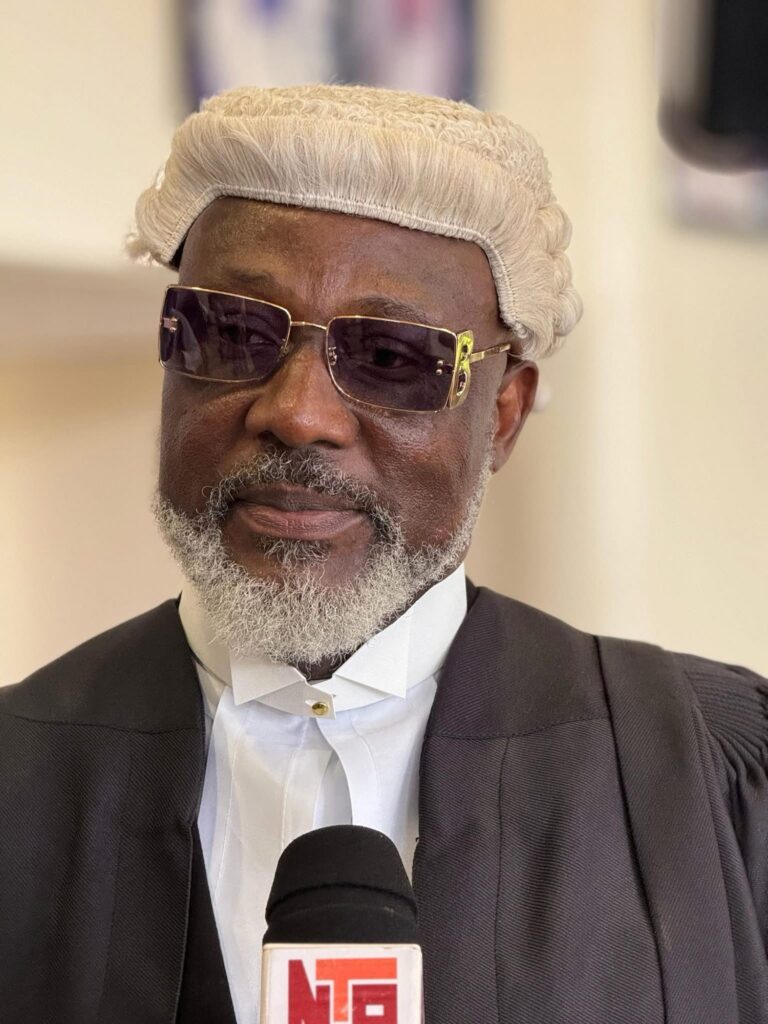President Bola Ahmed Tinubu’s recent decision to grant a presidential pardon to 175 convicts, including 70 individuals convicted of drug-related crimes, has sparked intense debate in Nigeria.
The move has been described as unprecedented in the country’s history, with some critics labeling it as a setback to the nation’s war on drugs.
Former member of the Nigerian senate, Senator Dino Malaye from Kogi state took to his social media handle to express his concern over the actions of the President. He said “Pardon granted 70 drug lords by Pres Tinubu is unprecedented in history. Checks have revealed that it has never happened in the history of the world. My advise to the President is to scrap the NDLEA. His action has made a beautiful nonsensical of all the efforts of the agency since inception”.
According to sources, the pardons were granted based on recommendations from the Presidential Advisory Committee on the Prerogative of Mercy (PACPM). The beneficiaries include individuals convicted of various crimes, such as drug trafficking, kidnapping, armed robbery and murder. Notably, some of the beneficiaries had served significant portions of their sentences, while others had shown remorse and acquired vocational skills while in prison.¹
The Drug Offenders
The pardon of 70 individuals convicted of drug-related crimes has raised eyebrows, with many questioning the timing and rationale behind the decision. Some of the beneficiaries include²:
- Azubuike Jeremiah Emeka, aged 31, sentenced to 5 years or N3 million fine for importing cocaine
- Akinrinnade Akinwande Adebiyi, aged 47, sentenced to 3 years for dealing in Tramadol
- Kelvin Christopher Smith, aged 42, sentenced to 4 years for importing cocaine in 2023
- Nweke Francis Chibueze, aged 44, serving a life sentence at Kirikiri for cocaine amongst over 60 others.
Reactions to the Pardon
While some have hailed the president’s decision as an act of compassion and reconciliation, others have expressed concerns about the potential implications for the nation’s justice system. According to a report by StatiSense, nearly one-third of the pardoned individuals were convicted of drug-related crimes, making it the most common offense among those granted clemency.³
Impact on NDLEA’s Efforts
The National Drug Law Enforcement Agency (NDLEA) has been at the forefront of Nigeria’s war on drugs. The agency’s efforts have led to significant seizures and convictions of drug offenders over the years. However, the pardon granted to 70 drug offenders has raised questions about the effectiveness of the agency’s efforts. Critics argue that the pardon undermines the agency’s work and may embolden others to engage in similar activities.
A Balancing Act
The presidential pardon is a constitutional power vested in the President to grant clemency to individuals convicted of crimes.
While the decision to pardon individuals may be seen as an act of mercy, it is essential to balance this with the need to uphold the rule of law and protect public safety. As Nigeria moves forward, it will be crucial to monitor the impact of this decision and ensure that it does not undermine the country’s efforts to combat crime and promote justice.⁴


